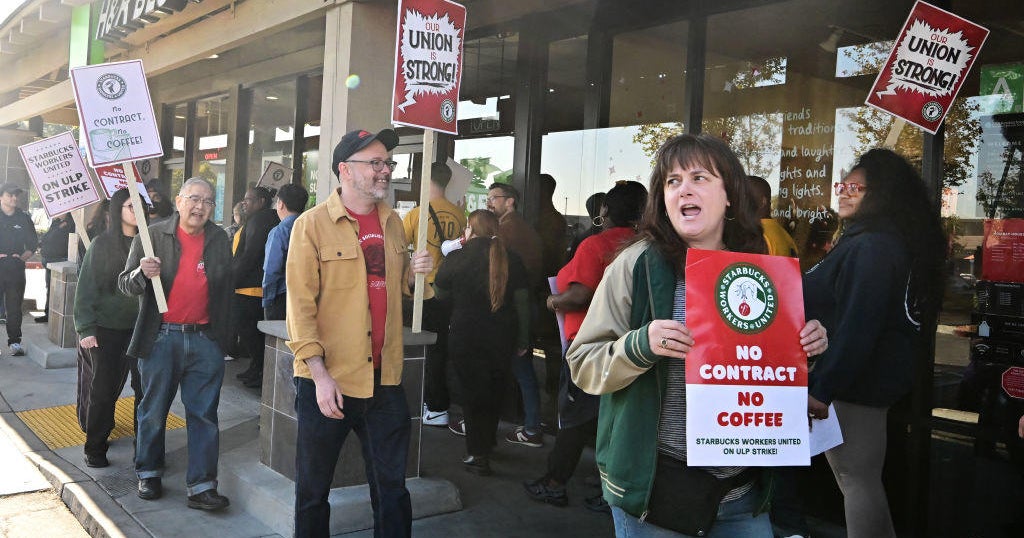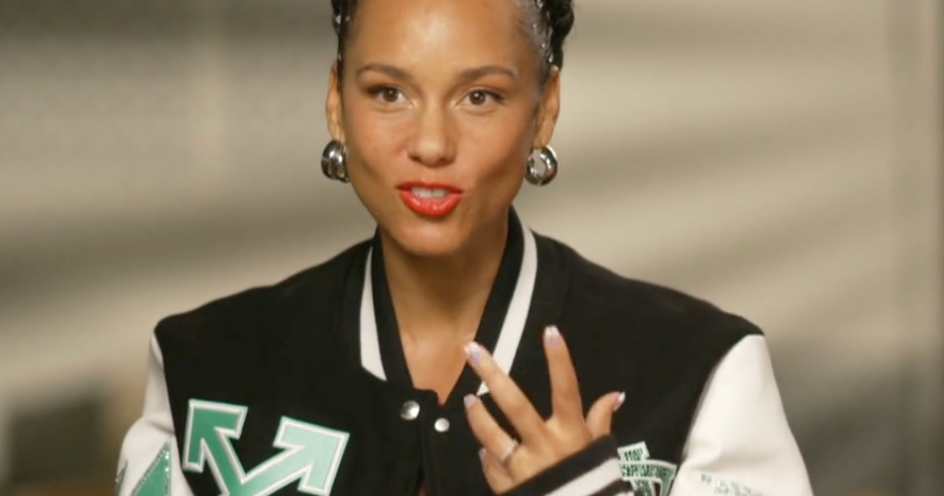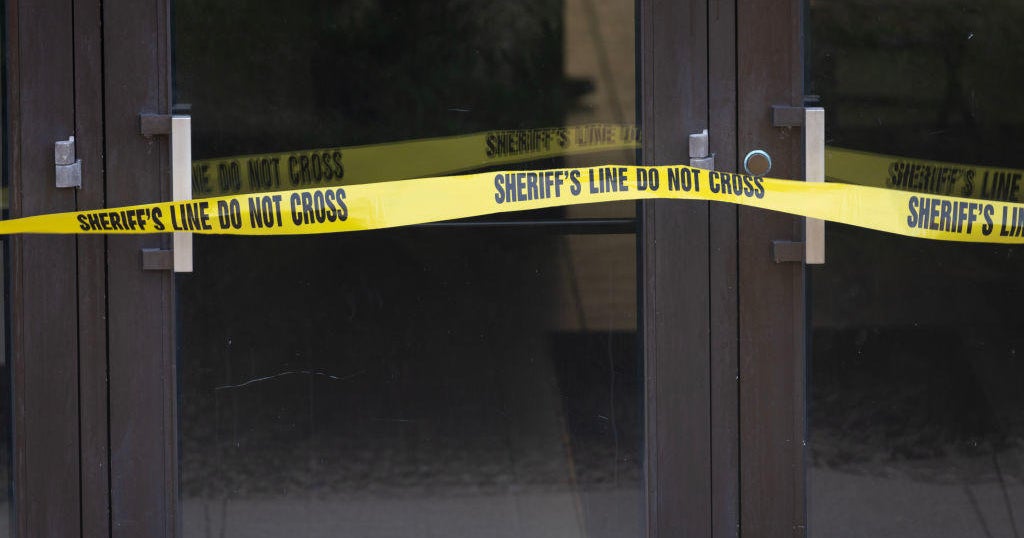Los Angeles schools superintendent agrees with teachers' demands, not their tactics
The Los Angeles teachers' union is trading chalkboards for picket signs on Monday — going on strike after more than a year of failed negotiations with the Los Angeles Unified School District. More than 25,000 teachers aren't going to work in the nation's second largest school district, affecting more than 1,000 schools and more than 600,000 students.
The funding battle between teachers and the district follows similar walkouts last year in six states, starting with West Virginia.
"I came to L.A. Unified in the late '90s when there was a class size reduction and classes were 1 [teacher] to 20 [students]… And now my classes are double," teacher Noriko Nakada said. "It's hard to breathe in a class that size, let alone teach."
Nakada hasn't received a raise in more than 10 years, but she said what's really heartbreaking is watching her students suffer, reports CBS News correspondent Tony Dokoupil.
"We have a nurse one day a week, so if you don't get sick on Wednesday, you're out of luck," Nakada said.
Schools will be open across the city, overseen by an emergency staff of substitutes, administrators and volunteers while teachers are on the picket line. It's their first strike in 30 years and their argument is simple: if every public school kid deserves a real chance, every public school deserves real funding.
"We are more convinced than ever that the district won't move without a strike," United Teachers Los Angeles president Alex Caputo-Pearl said.
The Los Angeles public school population is one of the most vulnerable in the country: 80 percent of students qualify as low income. And yet California's public school funding per student lags behind the national average and way behind similar states like New York.
"Is there not a crisis here with classrooms as large as 50 students?" Dokoupil asked Los Angeles Unified School District superintendent Austin Beutner.
"Absolutely it's a crisis. It's a state crisis, not a local crisis," Beutner said. "Ninety percent of the funding comes at the state level."
Beutner has failed to reach a deal with teachers, but he said he actually agrees with their demands.
"So if money were no object, would you give the teachers what they're asking for?" Dokoupil asked.
"And more and more, absolutely," Beutner said.
"If what you're saying is that you agree… more funds need to be provided, the state's not giving them, why aren't you on the picket line?"
"I'm doing my work," he responded. "I don't think closing our schools, putting our kids in jeopardy, depriving them of learning that they need, is the best path to get more resources. Maybe that's just where we disagree."
Beutner said the teacher's demands for a 6.5 percent pay raise, new caps on classroom size, and more funding for librarians, nurses and counselors would actually bankrupt the district.
Parents Joanna Belson and Jeannie Turbow not only support the teachers strike, they plan to keep their kids home in solidarity.
"Our children aren't commodities. They are kids who need a good education," Belson said.
"I love her teachers and she loves her teachers. I can't have her walk past those teachers and walk in the door of that school," Turbow said.
There's no telling when the strike will end. Last week, California Gov. Gavin Newsom unveiled a proposed budget that includes additional funding for public education, with the school district sweetened its contract proposal with promises of raises and some reductions in class sizes. The union, however, rejected the offer as insufficient.
Meanwhile, teachers in Oakland, California, and in Virginia have indicated they may walk out next.



